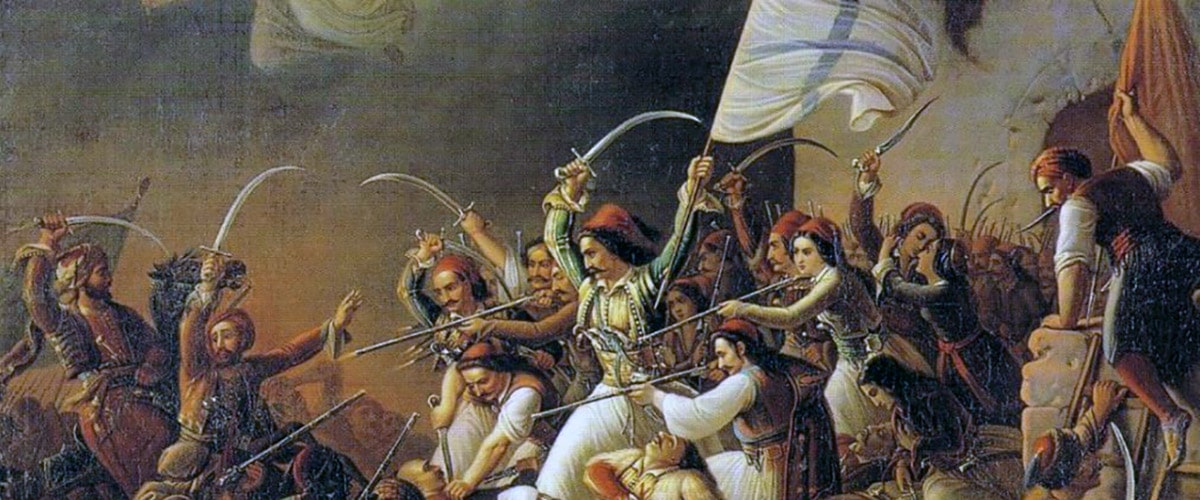A “dark age” started for the Greeks with the arrival of the Ottomans and the collapse of the Byzantine empire. When the Ottomans arrived, two Greek migrations occurred.
The first migration mostly involved the Greek intellectuals who mostly migrated to Western Europe and influencing the advent of the Renaissance. Some of them also migrated to Russia and other eastern European countries The second migration involved Greeks leaving the plains of the Greek peninsula and resettling in the mountains so that they cannot be easily reached by the Ottomans (and hence live a relatively more free life).
When they Ottomans occupied the Greek mainland they introduced the millet system which contributed to the ethnic cohesion of Orthodox Greeks by segregating the various peoples within the Ottoman Empire based on religion.


